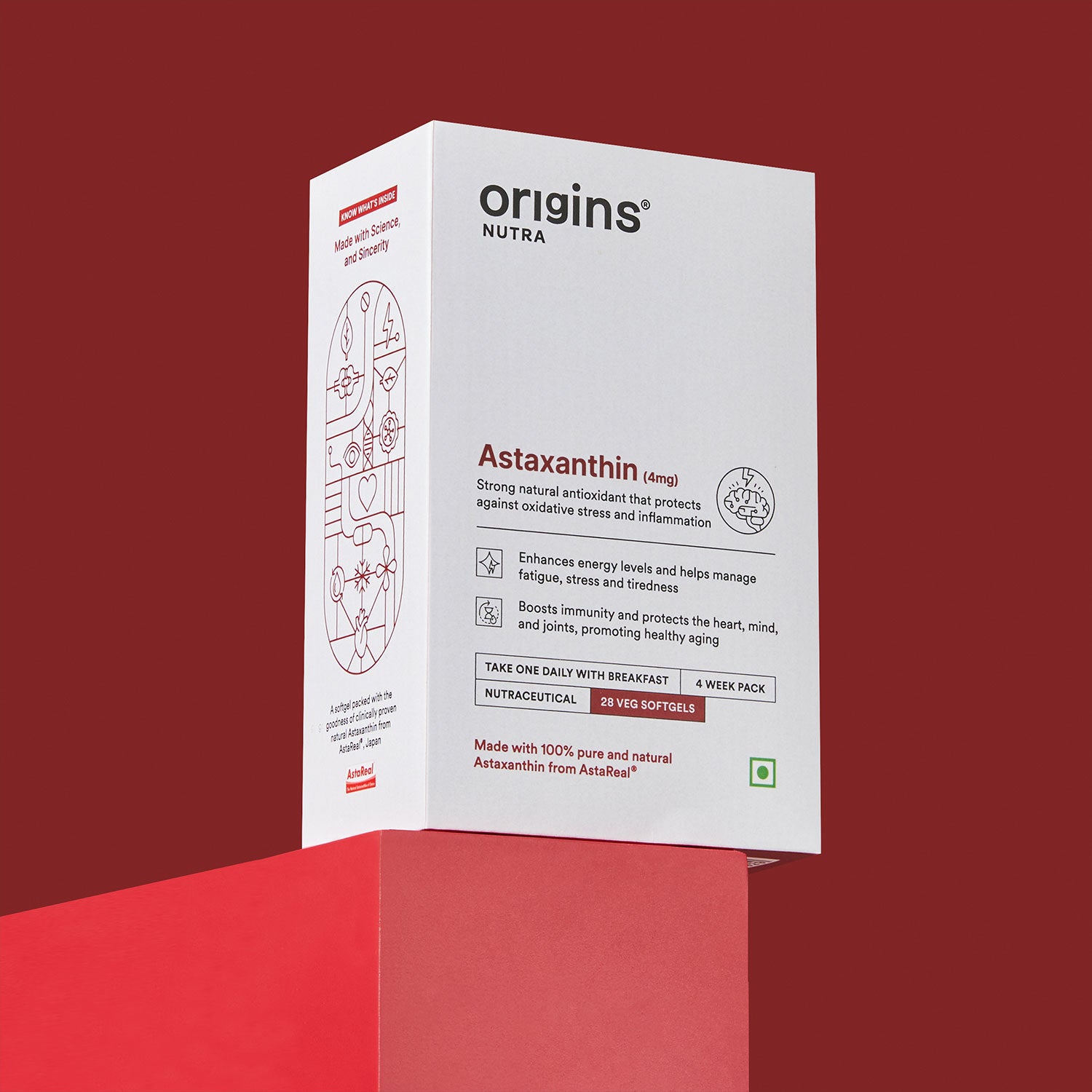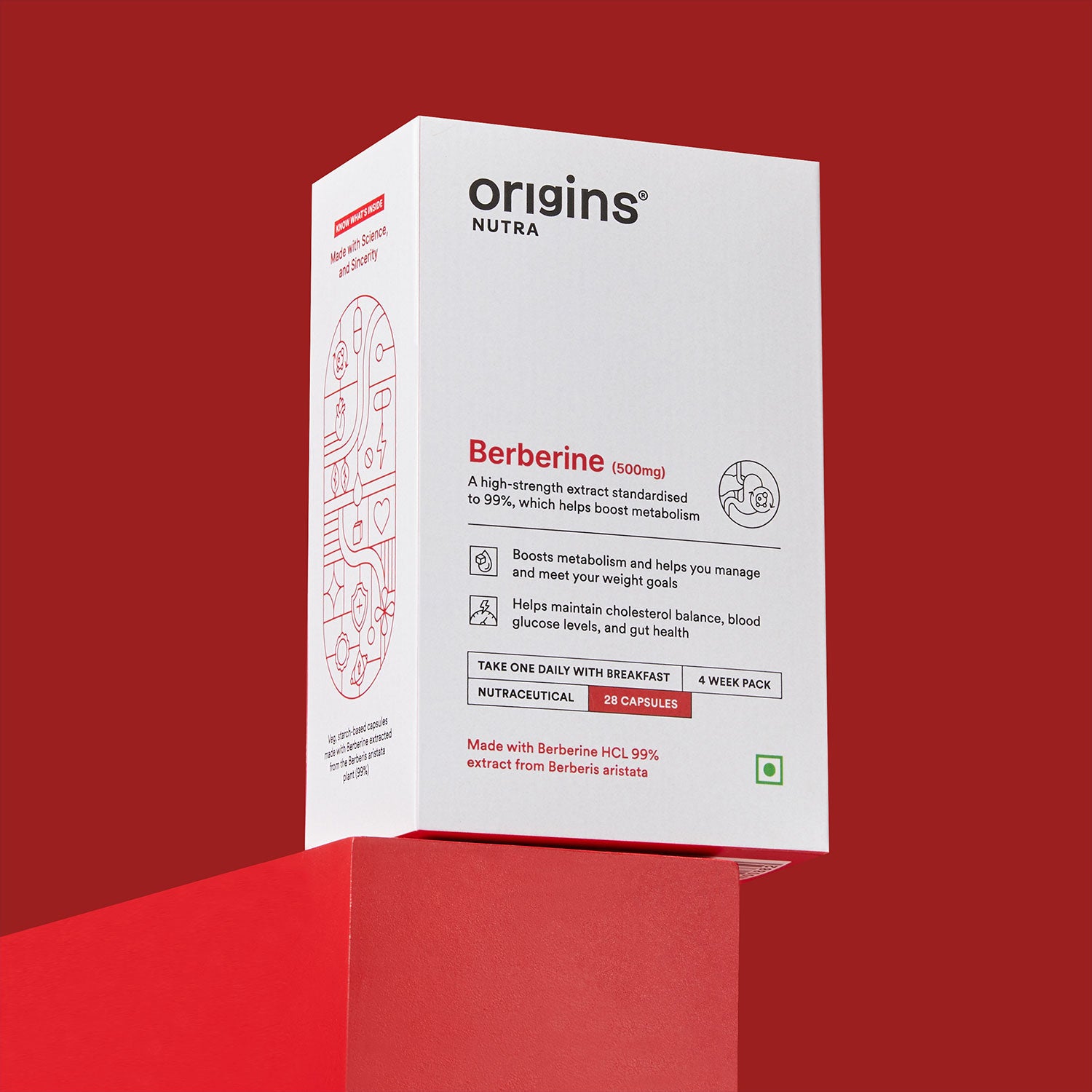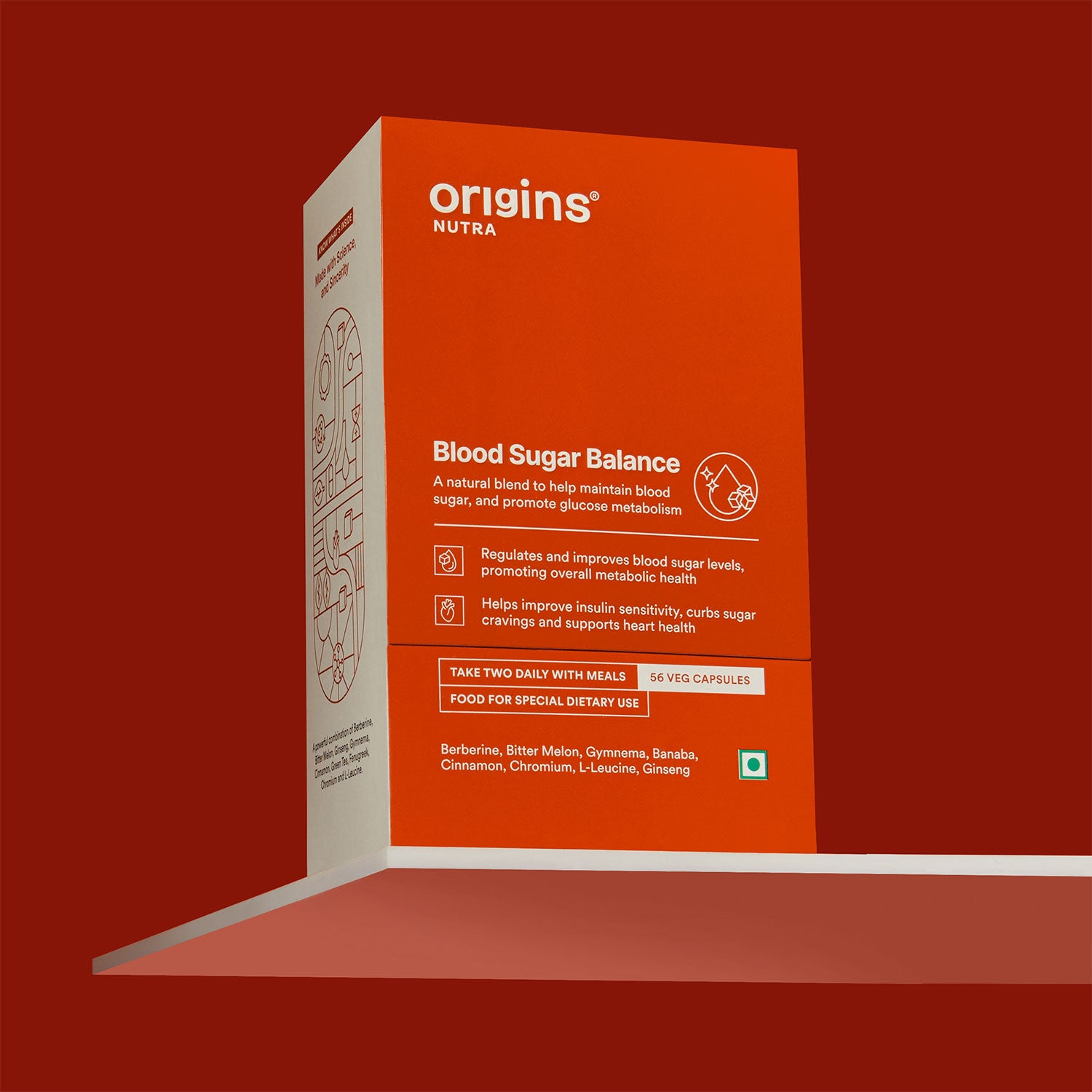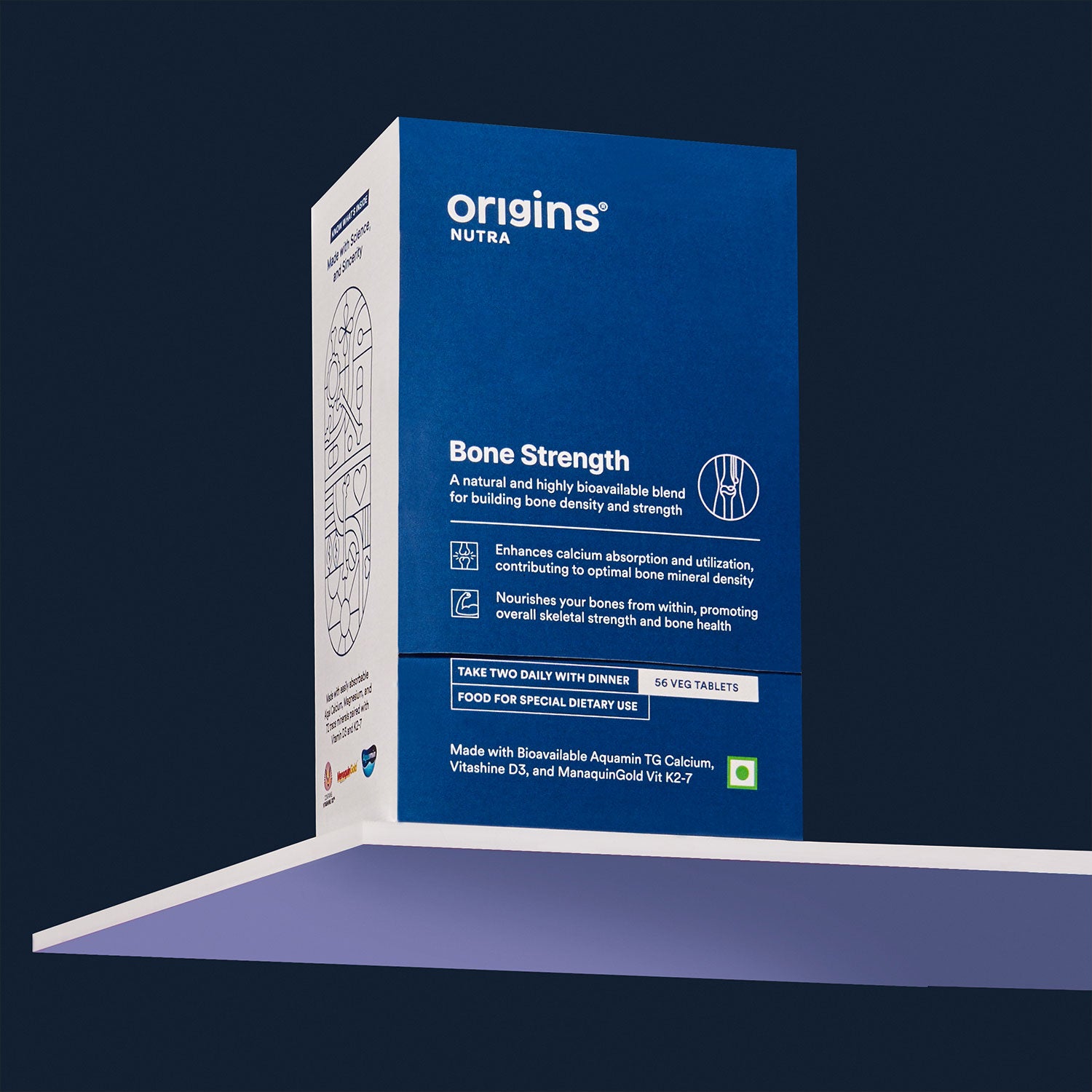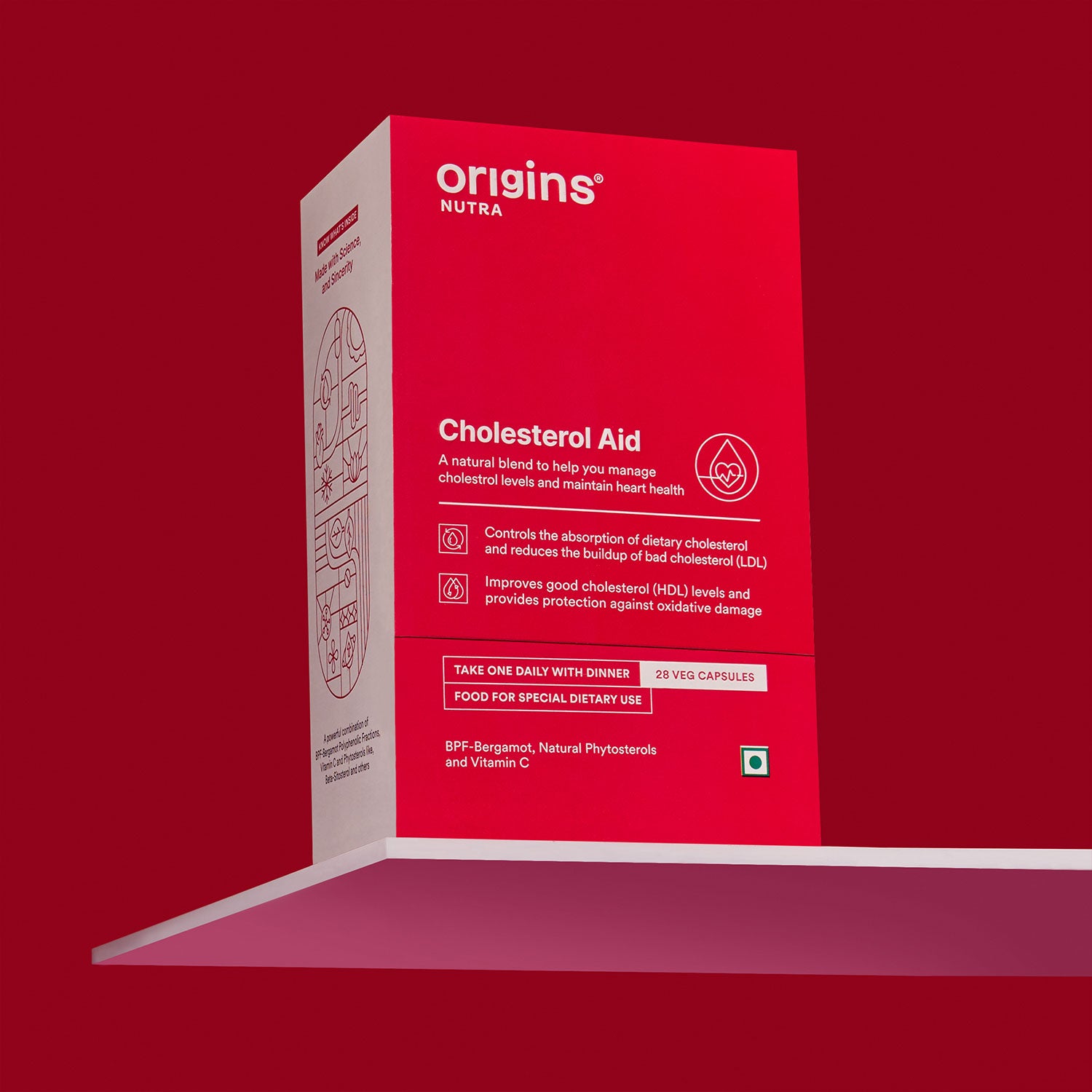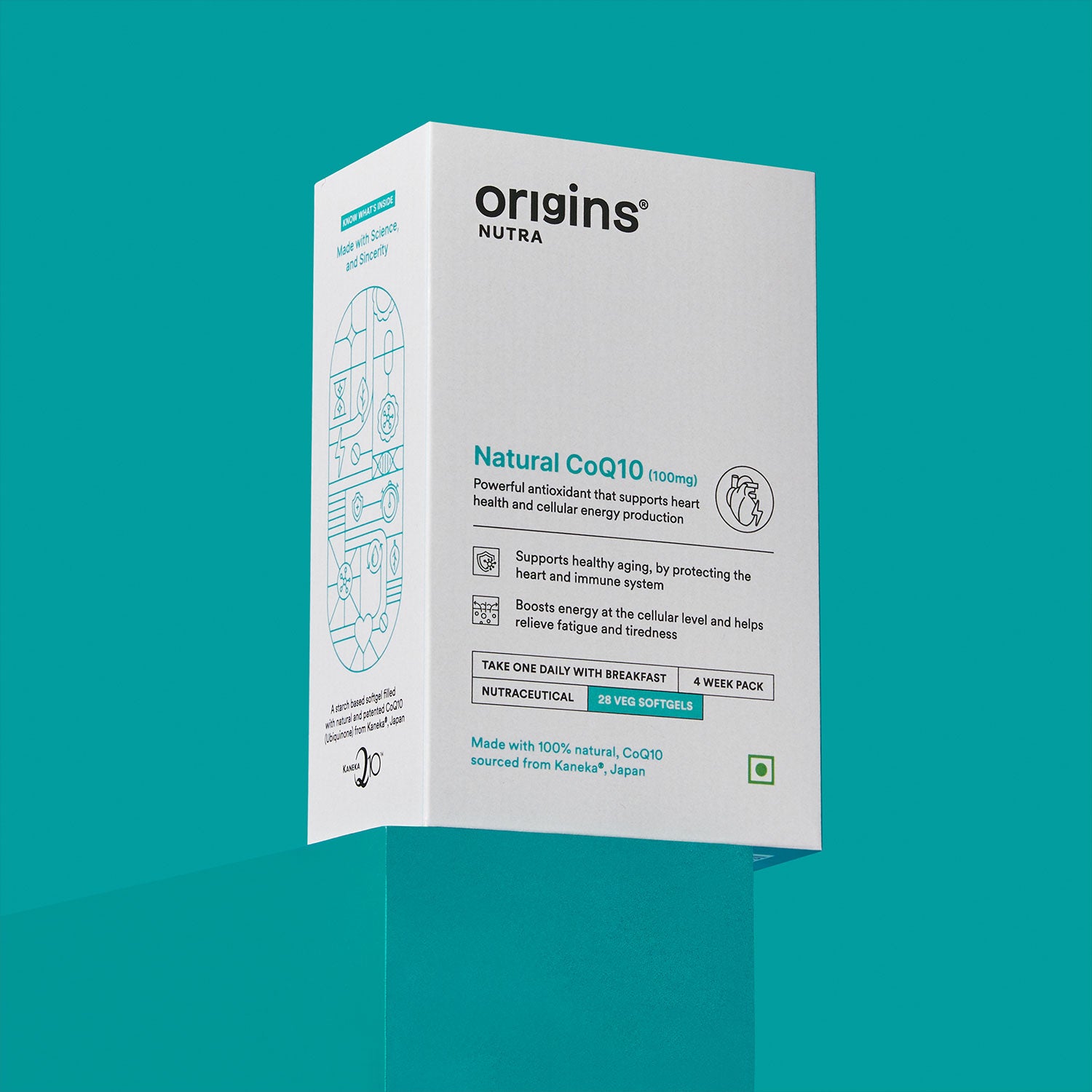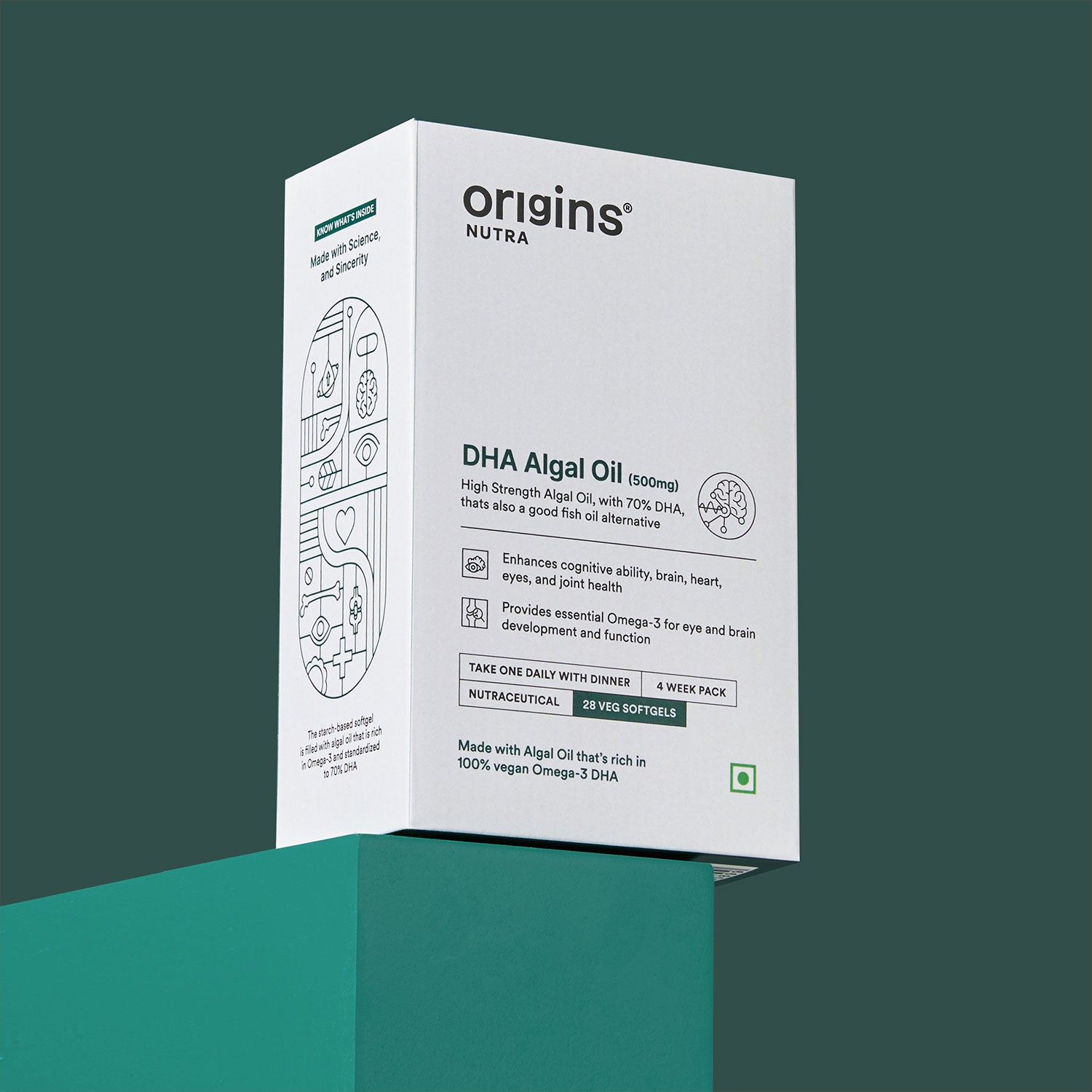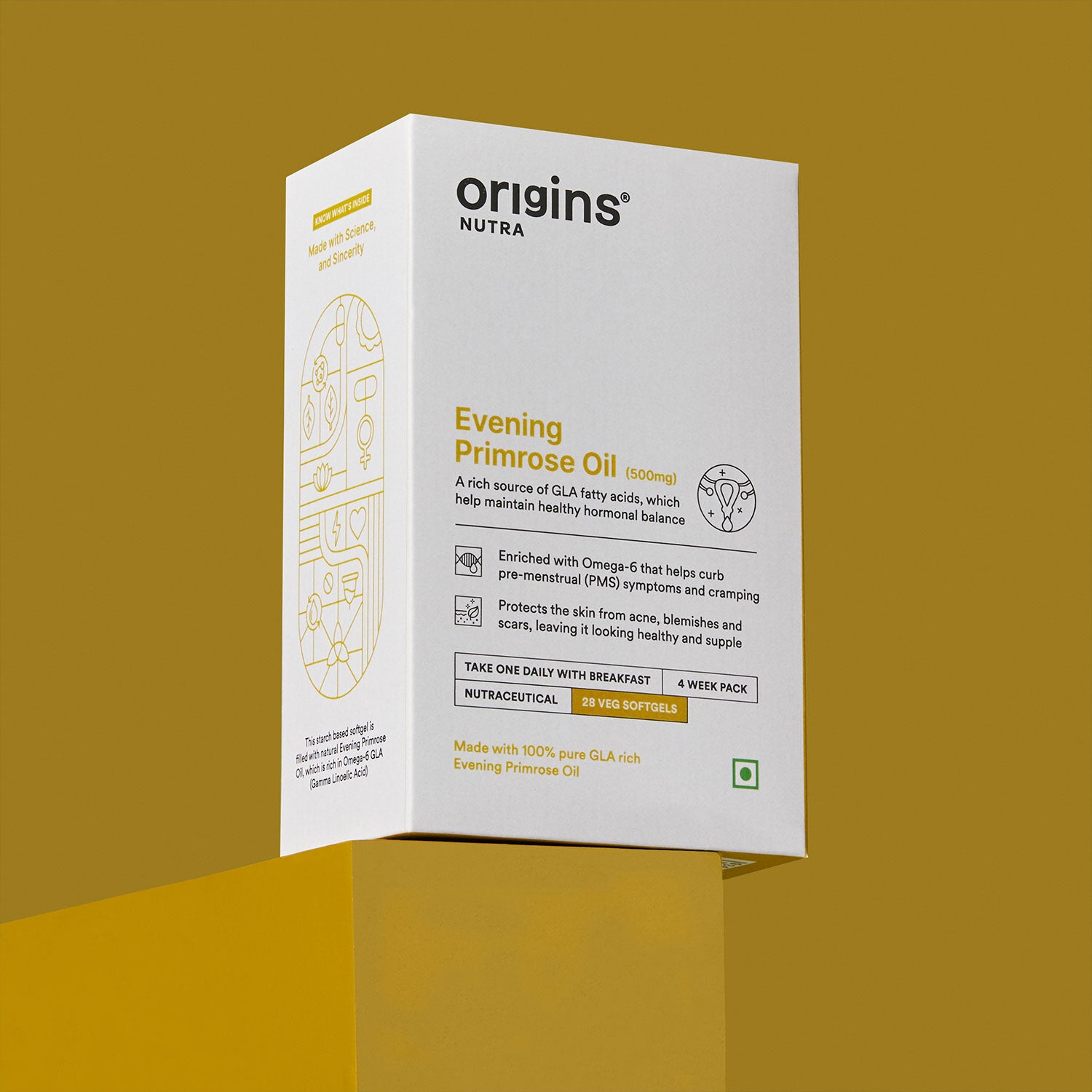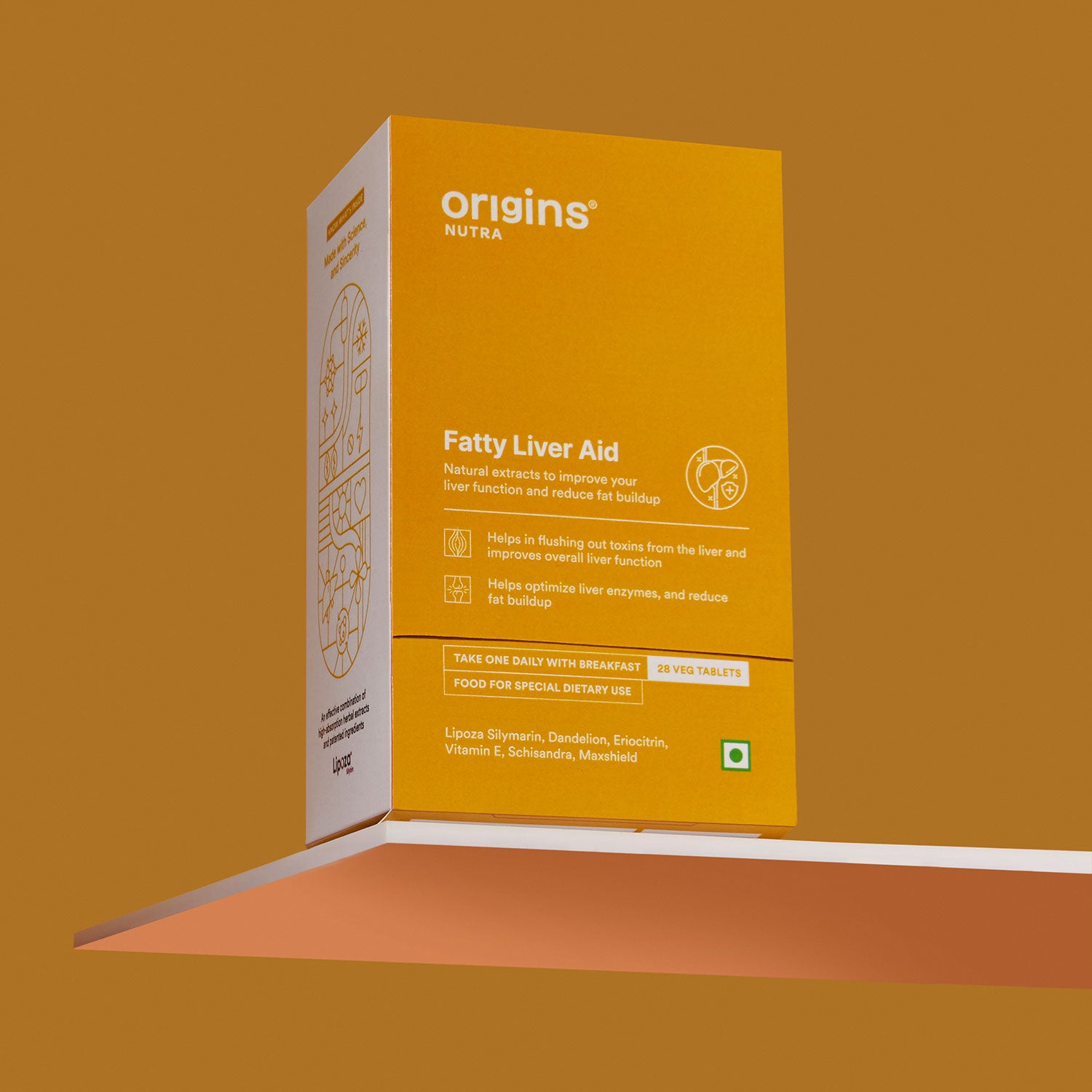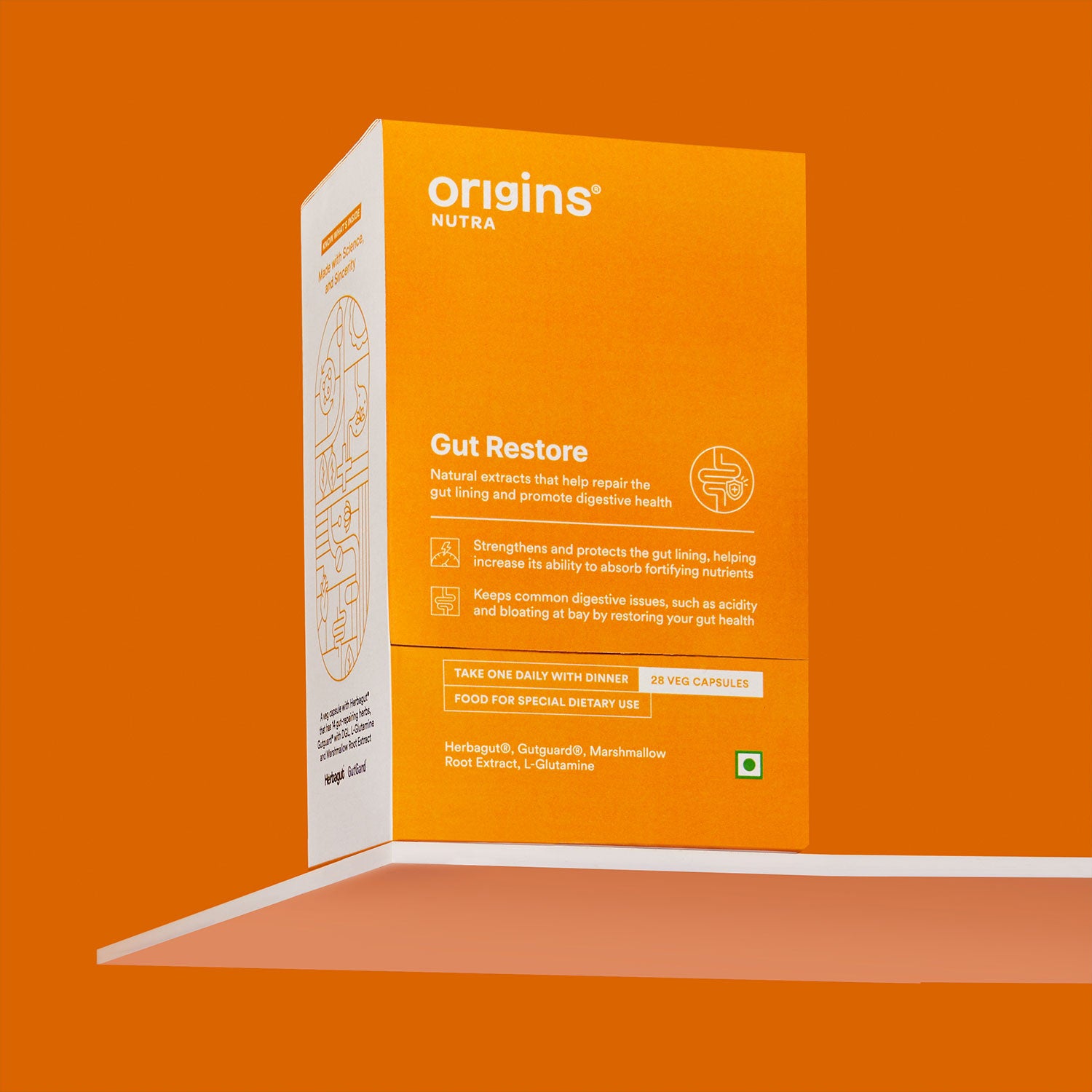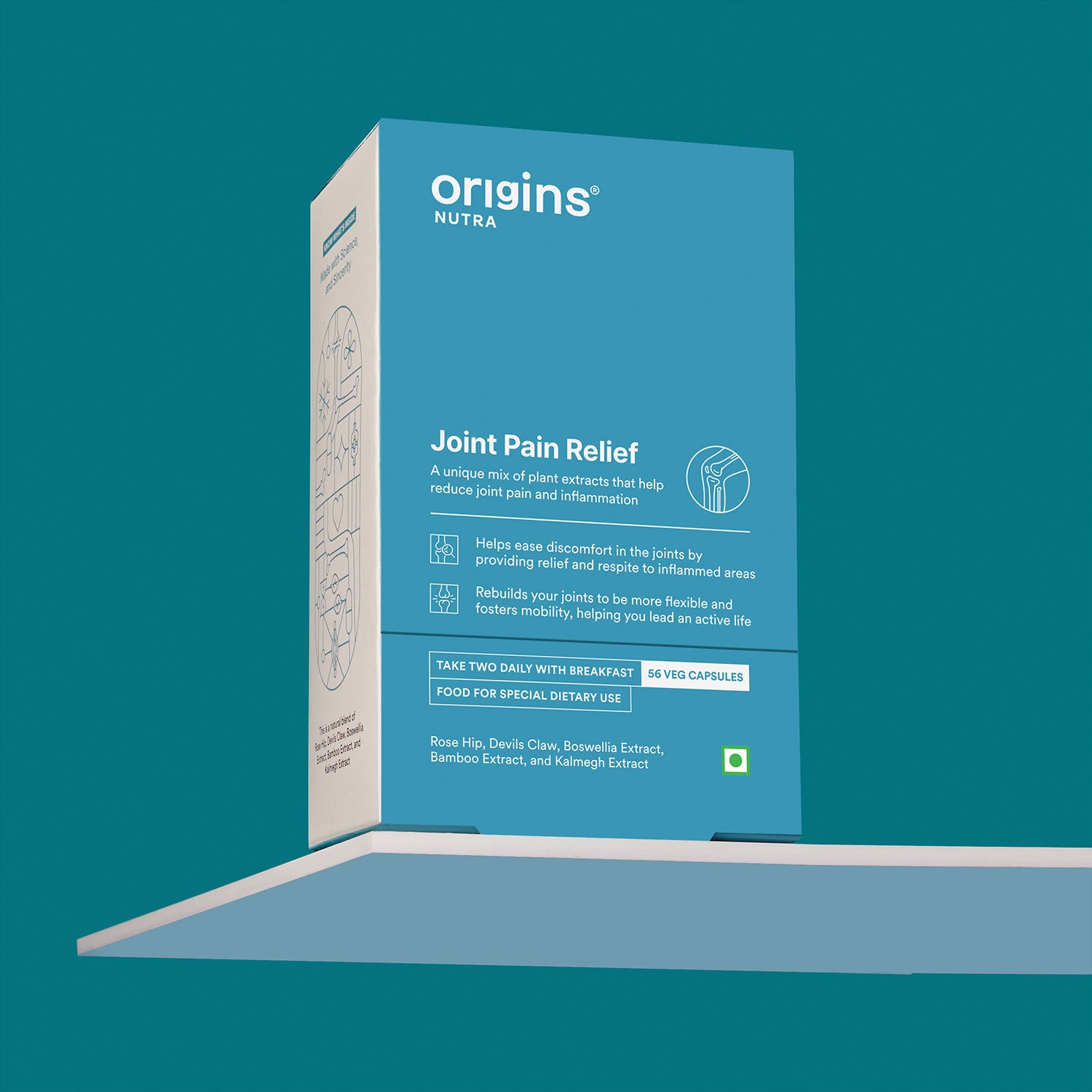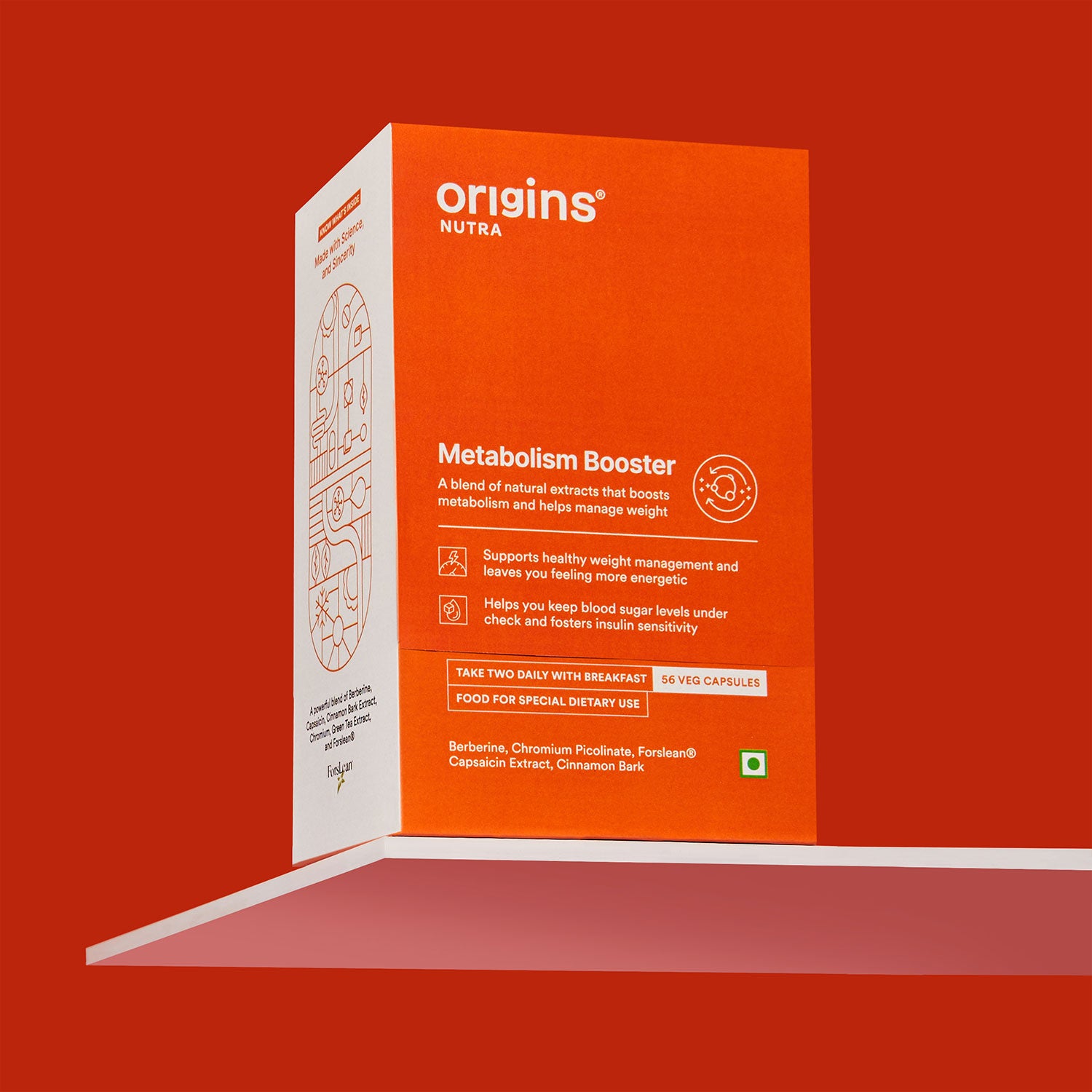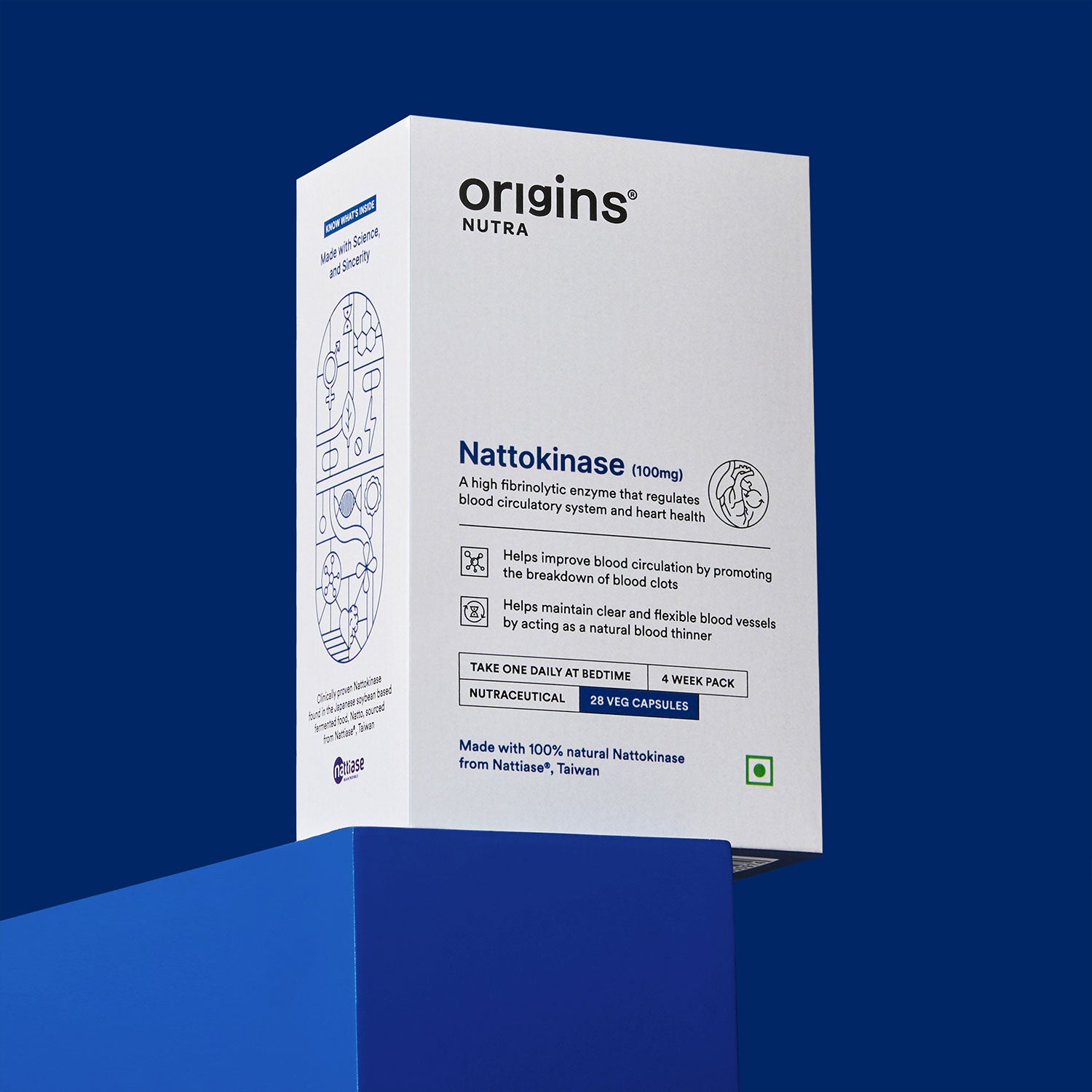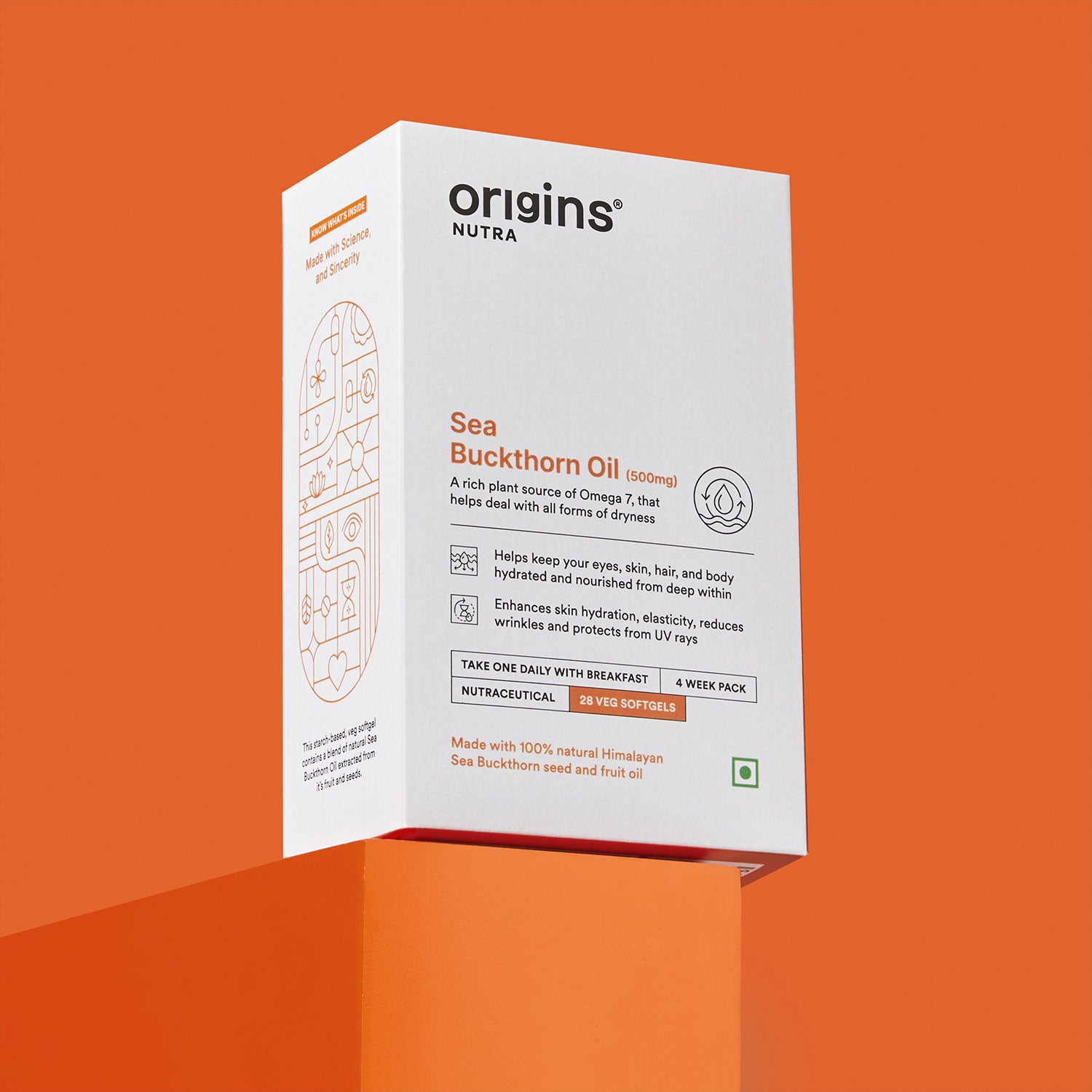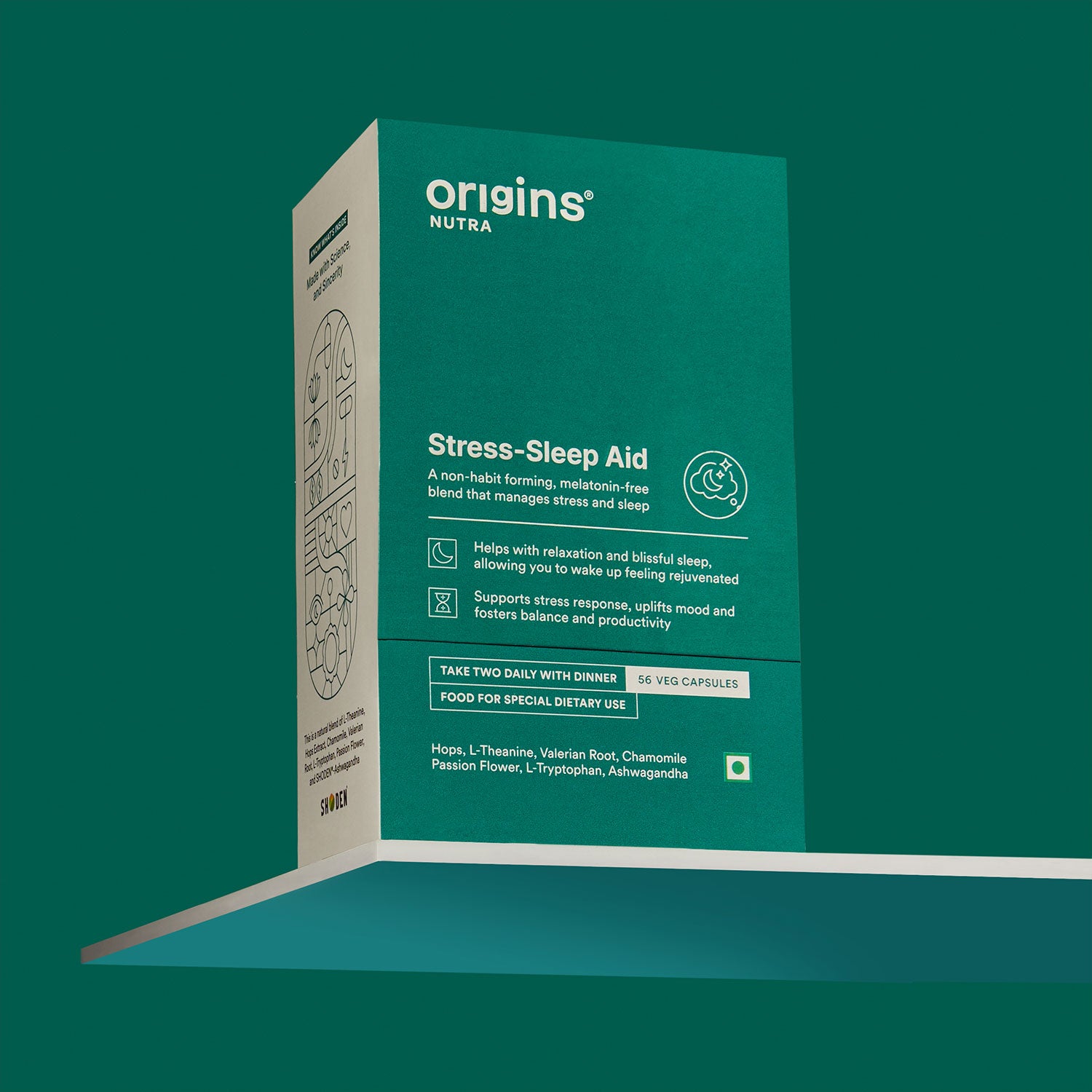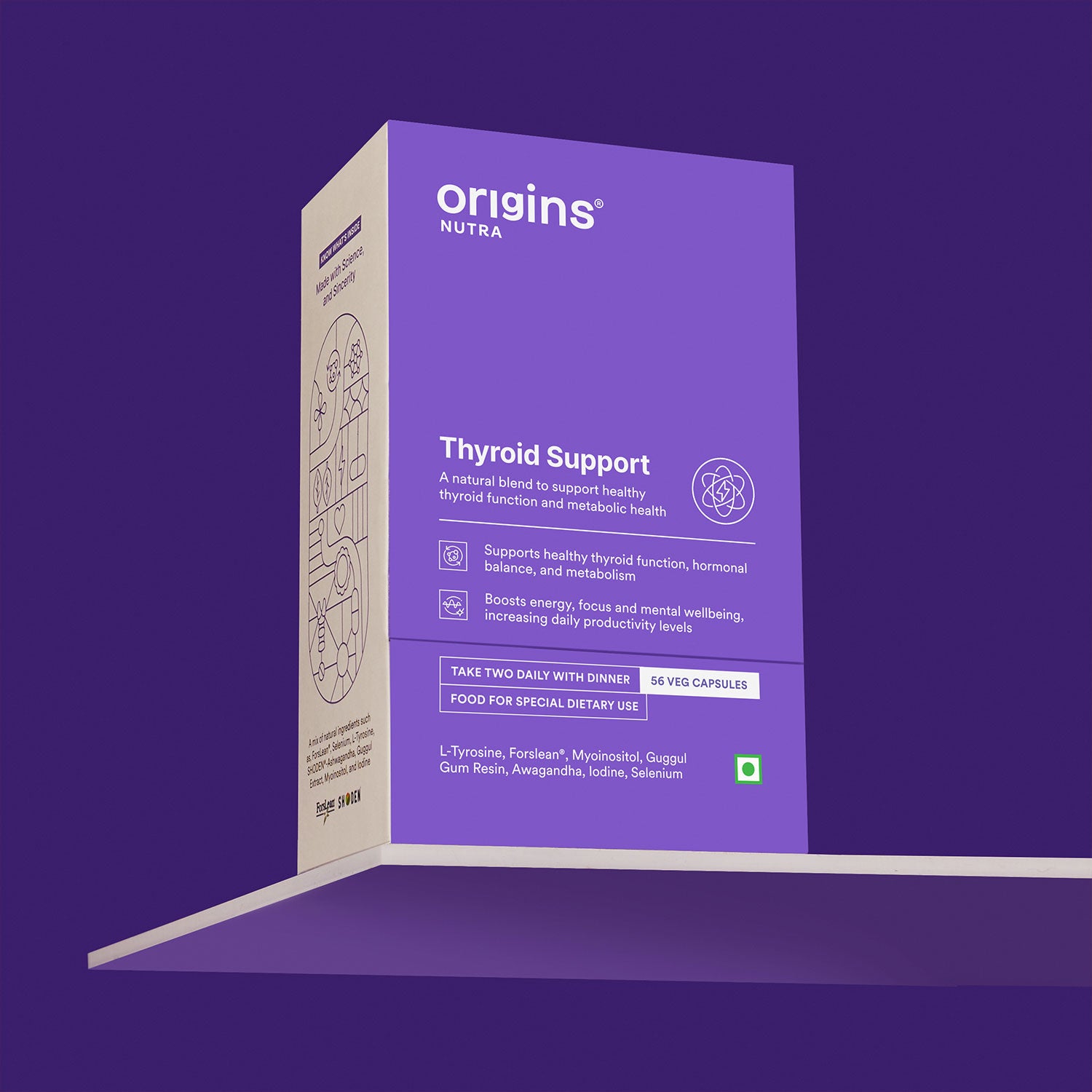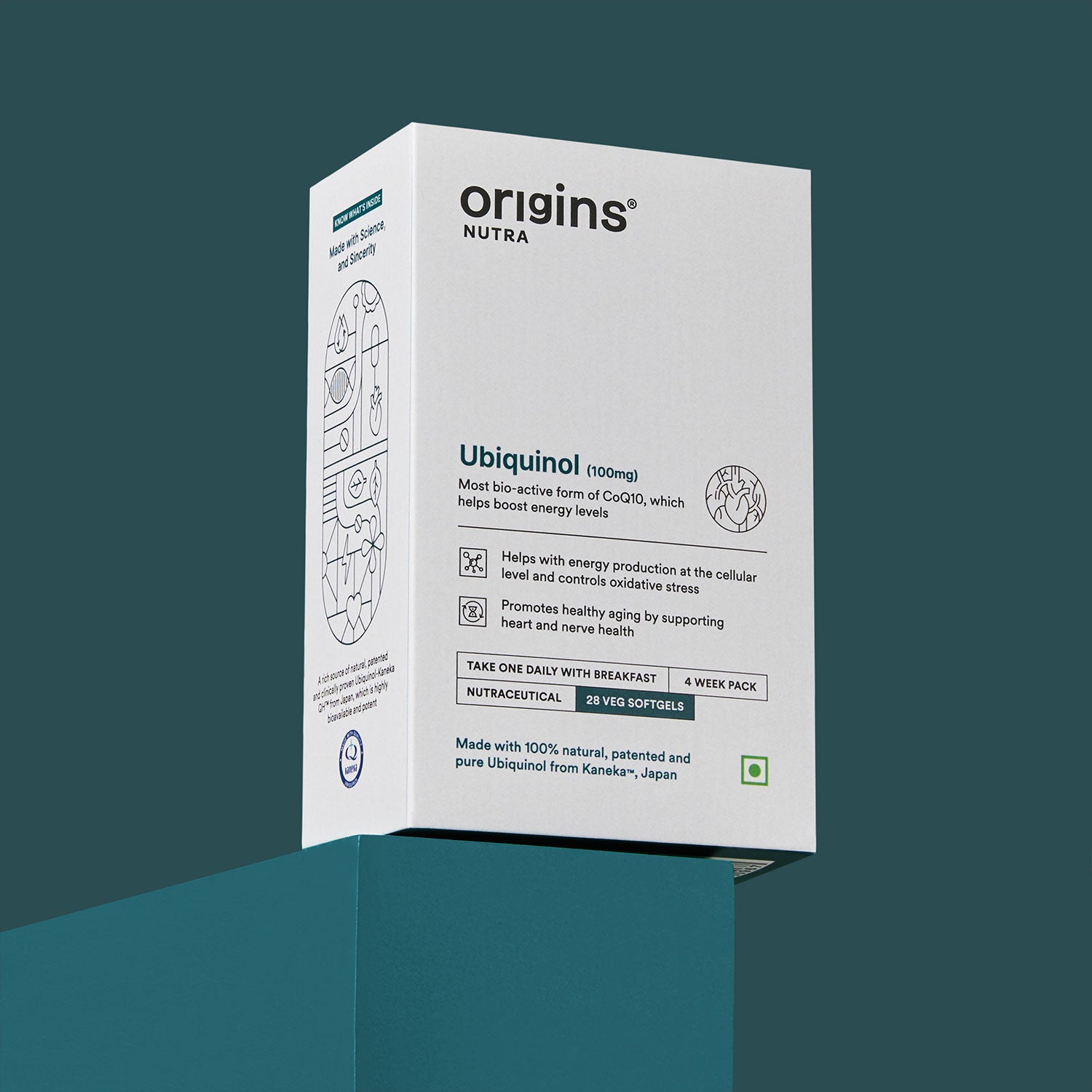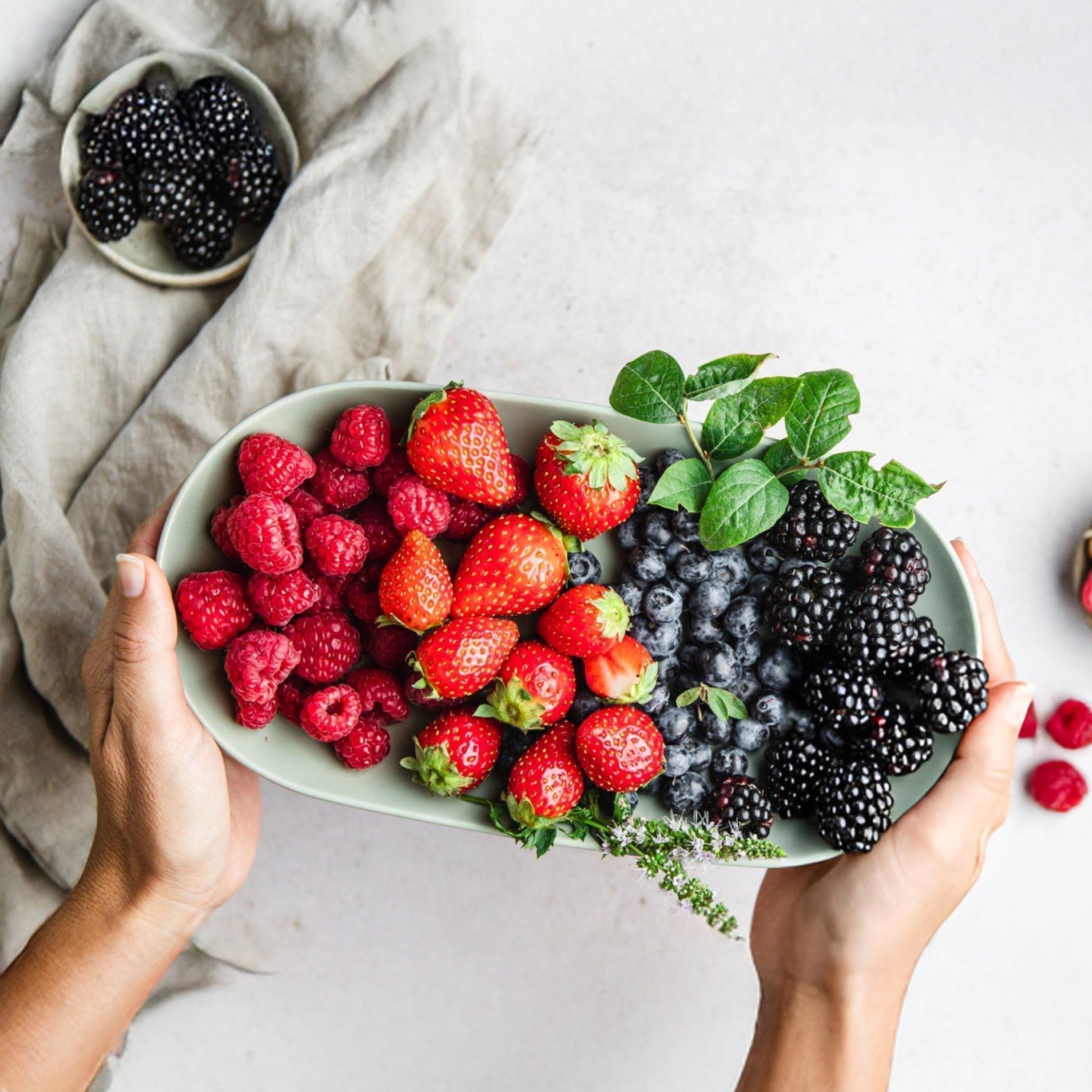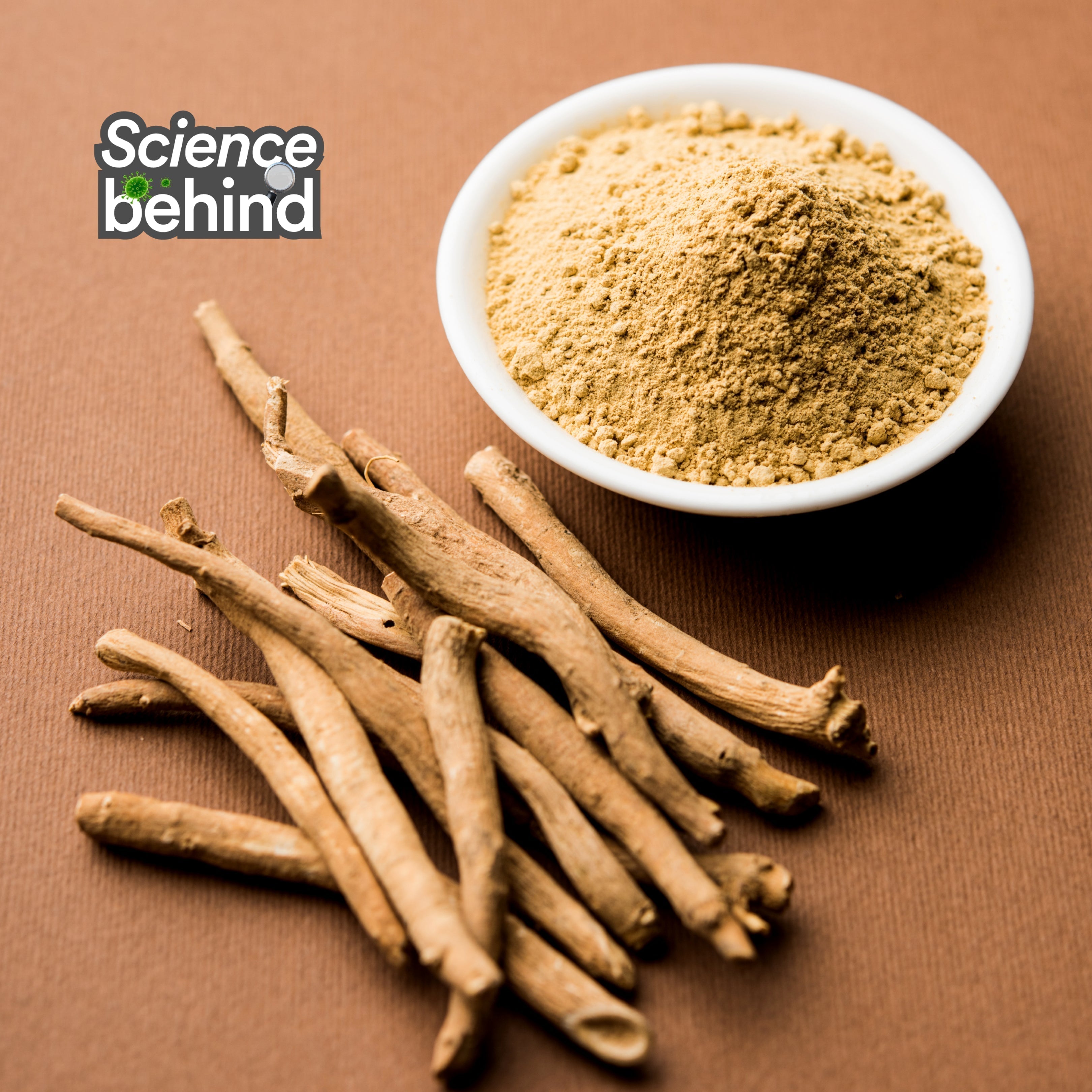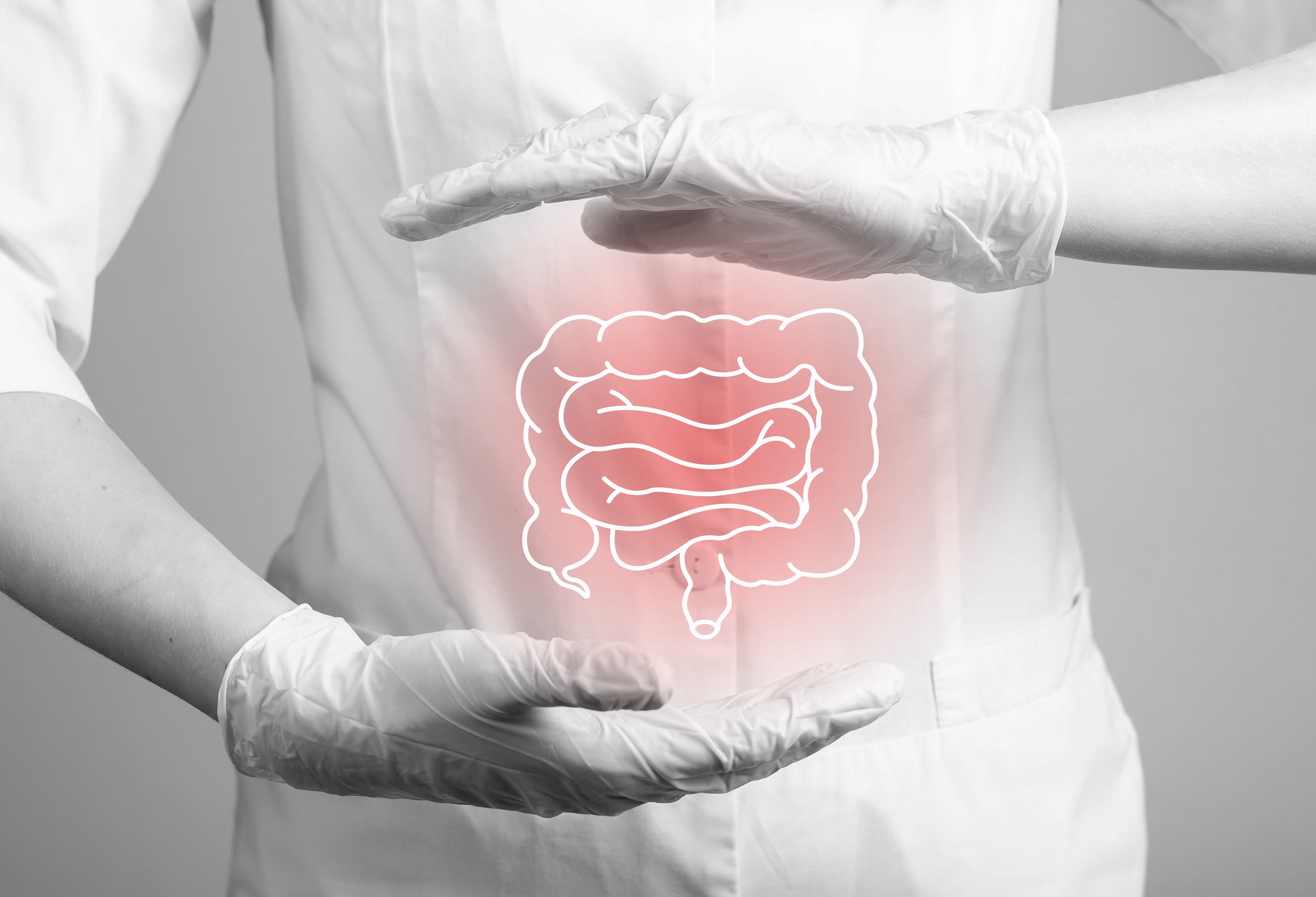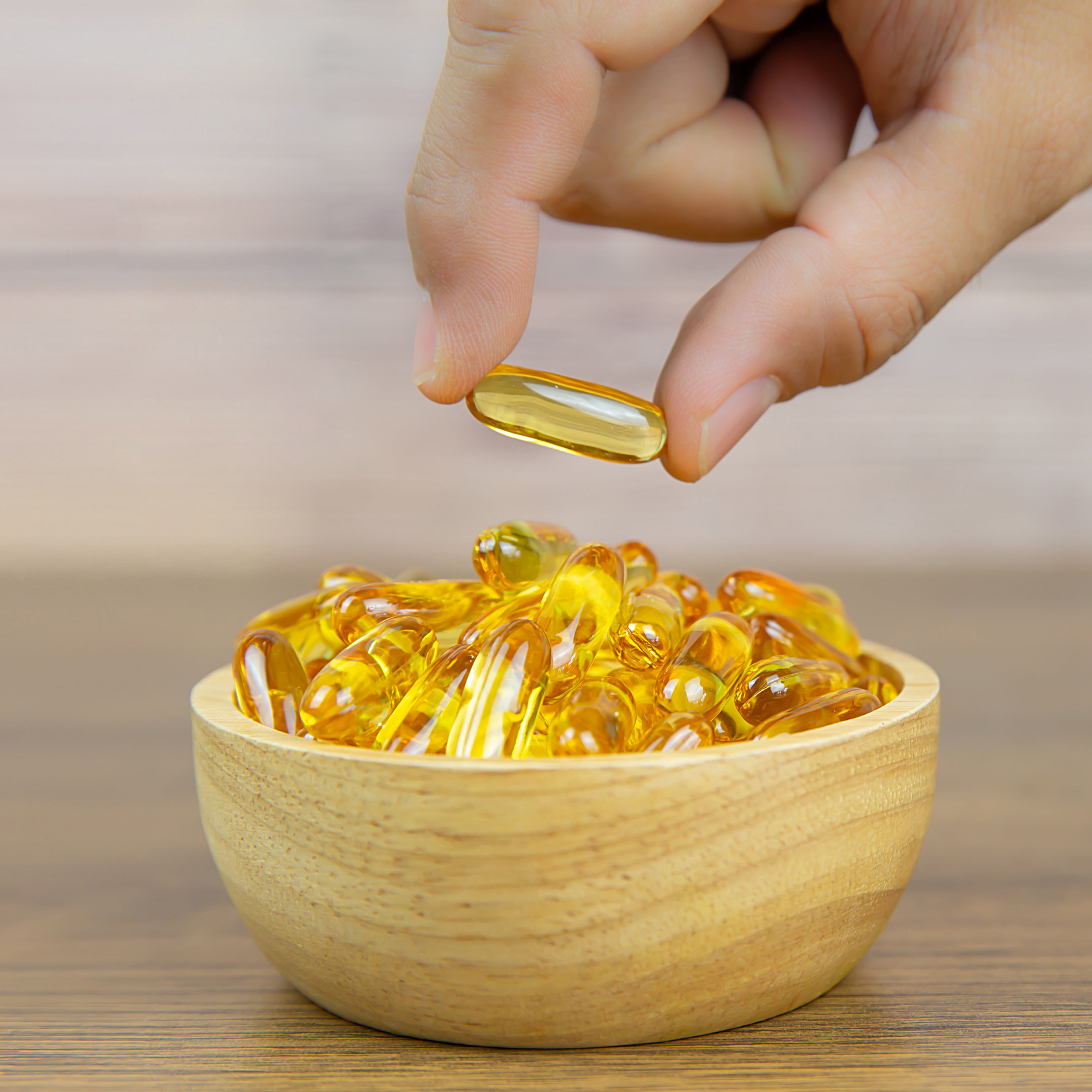CoQ10 or Ubiquinol: What’s the Difference and Which is Better?
Dear Readers,
Lately, we’ve been getting a lot of questions like:
“Should I take CoQ10 or Ubiquinol?”
“What’s really the difference between these two?”
“Is one better for my energy or heart health?”
These questions are fantastic, because they show you care about what you put into your body. And honestly, choosing between CoQ10 and Ubiquinol can feel confusing.
So let’s break it down. No complicated biochemistry, just a clear conversation between us, with enough science to help you understand what works and why.
So here’s the bottom line: Ubiquinol is the active, easily absorbed form that’s often better if you’re over 40 or need extra heart and energy support. CoQ10 works well for younger adults and general health.
First, What are CoQ10 and Ubiquinol?
CoQ10 (short for Coenzyme Q10) is a nutrient your body naturally produces. It plays a key role in helping your cells generate energy, especially in high-energy organs like your heart, brain, and muscles.
But here's the catch:
-
The CoQ10 you get from both food and most supplements is typically in the ubiquinone form, the inactive version.
-
Your body has to convert it into Ubiquinol, the active, usable version that actually powers your cells.
Think of CoQ10 as a seed, and Ubiquinol as the sprouted plant, ready to work for you immediately.
Why does this matter?
After age 40, your body becomes less efficient at converting CoQ10 into Ubiquinol. That means Ubiquinol supplements are often easier to absorb and may provide more benefits for energy and heart health as you get older.
Which one should you take?
-
If you’re under 40 and generally healthy, CoQ10 usually works well, because your body's natural production of CoQ10 is still sufficient to support energy production and antioxidant protection.
-
If you’re over 40, feeling fatigued, or want extra heart support, Ubiquinol might be the better option.
How is it processed in the body?
During cellular respiration, Coenzyme Q10 (CoQ10) accepts electrons and transforms into ubiquinol, its reduced form. Ubiquinol serves as a potent antioxidant, shielding cell structures such as membranes, proteins, and DNA from oxidative harm by neutralising free radicals.
CoQ10 undergoes metabolism in all bodily tissues, with the resulting metabolites being phosphorylated within cells and transported via the bloodstream. In the small intestine, CoQ10 is converted into ubiquinol, which constitutes approximately 95% of the circulating CoQ10 in humans.
Can I take both CoQ10 and Ubiquinol?
You don’t really need to. Your body only needs one form, so pick what suits your age and health best.
Quick comparison: CoQ10 vs. Ubiquinol

Final thoughts
Choosing between CoQ10 and Ubiquinol depends on you, your age, your energy levels, and your health needs. Both can support your body, but knowing which one matches your lifestyle helps you get the most benefit.
Still Got Questions? Here Are a Few We Hear Often
-
Is Ubiquinol safe for long-term use?
Yes. It’s naturally present in your body and considered safe,at recommended doses.
-
Do I need Ubiquinol if I’m already taking CoQ10?
If you’re under 40 and healthy, CoQ10 is usually enough. After 40 or with low energy, Ubiquinol may work better since it’s the active form your body uses directly.
-
Does Ubiquinol really give more energy?
Yes! Ubiquinol helps your cells make energy more efficiently, especially if you’re older or feeling tired.
-
What are the side effects of Ubiquinol?
Side effects are rare and usually mild, such as stomach upset or headaches. Taking Ubiquinol with food helps because it’s fat-soluble, consuming it with meals that include healthy fats improves absorption and makes it gentler on your stomach.
-
Can CoQ10 or Ubiquinol help with fertility?
Yes, both CoQ10 and Ubiquinol support fertility by boosting cellular energy and reducing oxidative stress in eggs and sperm. Ubiquinol, being the active form, may offer better absorption and benefits, especially for older individuals trying to conceive.
Got more questions? Just ask! We’re here to help you make the best choice for your health.
